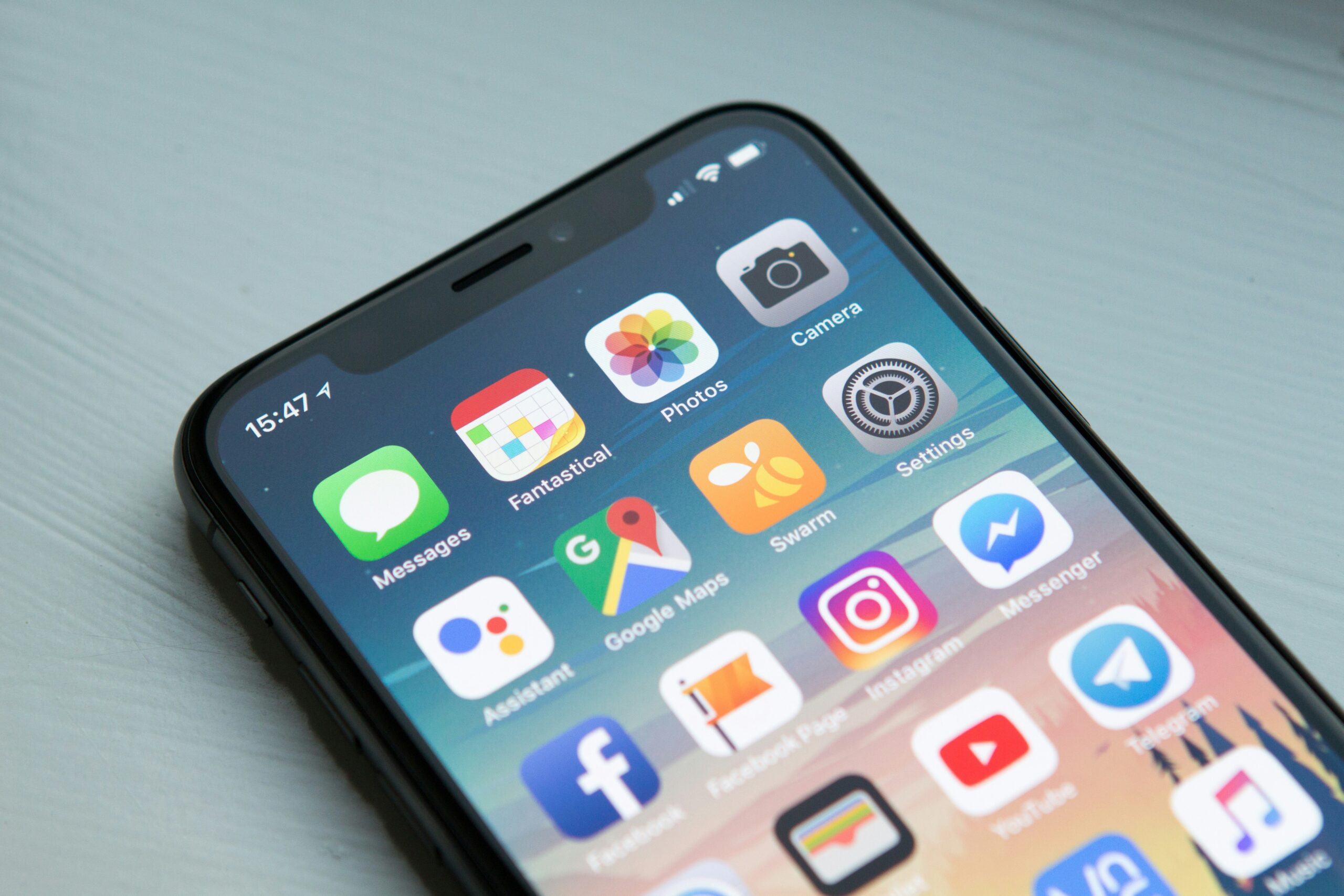The time needed for app development is eternal, a question that keeps budding and must be answered for any entrepreneur or business that intends to develop an app.
In fact, there is no single response to the question as this time depends on many variable factors-one being the complexity of the app, the requirements of the design, the platforms for implementation, and the development approach used by the developer. Yet, dividing the entire development process into several stages gives us an opportunity to look at the big picture.
Planning and Requirement Gathering
At the outset of app development is grasping its intent and setting the scale. A mechanism for honing in on the idea-to-define goals, identify user needs, and prepare feature lists is performed here. In simpler cases, the time taken sometimes barely crosses one week. In cases when several parties are involved in the app, be it integrations or something requiring regulations, planning experiences the setting down for two to three weeks.
Laying down the preparation solid guarantees costly changes will minimize during the development phase.
Designing the User Experience and Interface
Once the scope is clear, the emphasis turns on design. Wireframes, prototypes, and final screens are created to chart the look and feel of the application and how users interact with it.
Design for an app that merely has a handful of screens can take roughly two weeks to complete. If, however, the app requires a lot of layouts, custom animations, and quite complex user journeys, then it should’ve taken four or maybe five weeks at this stage. They say that more time spent on design means increased user delight: a metric worth investing in.
The Development Phase
Development is the core stage where all functionalities and features are brought to life through coding. The duration varies greatly depending on the complexity.
- Generally, simple apps with simpler features take about two to three months to complete.
- An app with moderate complexity, which, for instance, involves e-commerce functions, GPS tracking, or payment gateways, takes about four-to-six months.
- Advanced apps that contain video streaming, real-time chat, or AI integrations, by nature, require more than six months or so.
The timeline is directly influenced by whether the app is built for just one ecosystem (Android or iOS) or both.
Testing and Quality Assurance
No app should be released into the wild without rigorous testing. This ensures that a product runs perfectly, is devoid of any bugs, and stays secure to the users. These tests check for functionality, usability, performance, and data security.
For very simple apps, typically testing may take up to two weeks. Bigger apps with multiple features and data-sensitive operations might need up to a month for careful testing and adjustments.
Deployment and Launch
After testing has been concluded, the finalized app can then be submitted to either the App Store or Google Play. This entails preparation of images and description and ensuring the application complies with the respective store’s policies. The approval process may stretch into a matter of days or even a few weeks in case the reviewers order some revisions.
Post-Launch Maintenance
Even after launch, there’s no end to this journey. Updates, bug fixes, and adding new features fall into maintenance and sustain the programmes in line with evolving goals. While this phase is generally considered apart from the original timeframe of development, it is highly undesirable to say that this constitutes the complete procedure, which measures the application’s relevance and worth against all competitions over some time longer.
The Overall Timeline
When all stages are considered together, the time required to build an app typically falls into these ranges:
- Simple apps: about three to four months
- Moderately complex apps: four to six months
- Highly complex apps: six to nine months or longer
While these ranges serve as guidelines, the actual timeline is affected by the extent of the project, the expertise of the teams involved, and the level of polish demanded for the end product.
Final Thoughts
Building a mobile app is not a snap of the fingers. All the processes require painstaking attention and details-from brainstorming to app store approval. One would be tempted to rush if out of time, but doing a rush job can often become quite an expensive mistake later on.
For businesses and entrepreneurs, the right route to consider is one that balances efficiency with quality-an exceptional UI and UX along with scalability and long-term viability. If built well, the app will save time and costs in the long term and be something that becomes valuable to the business and the users alike.

